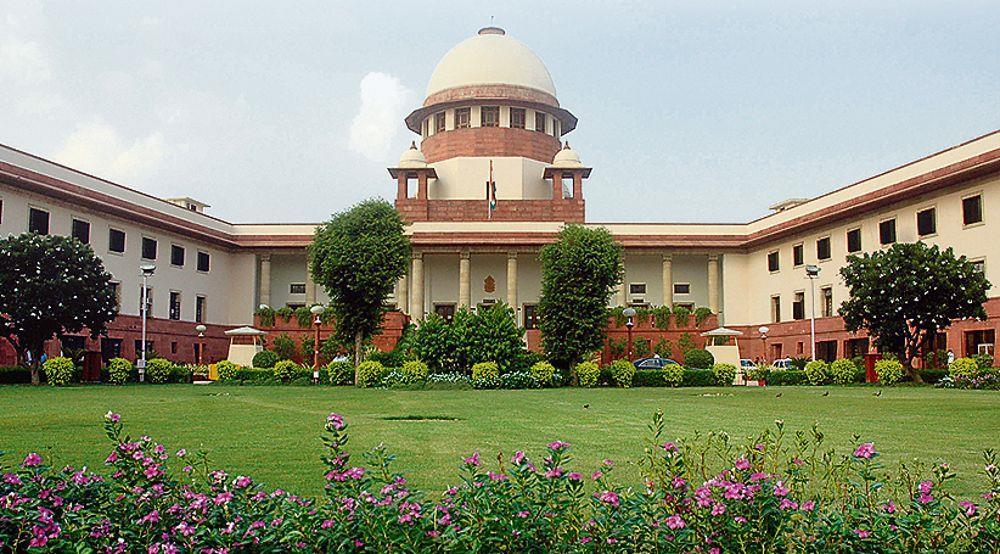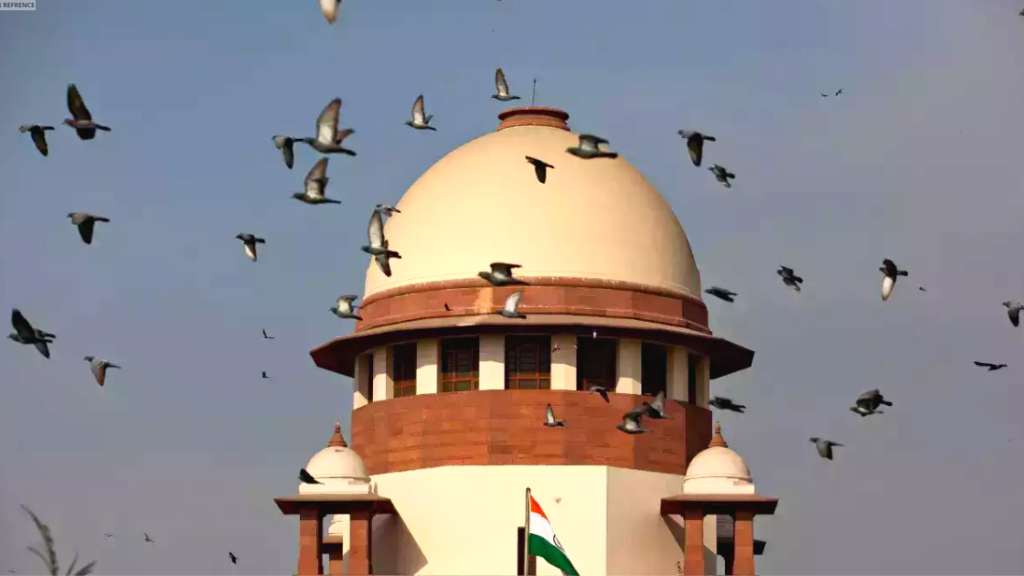
Presumption and Burden of Proof in Cheque Dishonour Cases: Supreme Court’s Landmark Ruling
Last Updated on October 10, 2023 by News Desk
Introduction:
In a significant ruling, the Supreme Court of India recently reversed the acquittal of an accused in a cheque dishonour case, emphasizing the principles governing the presumption under Section 139 of the Negotiable Instruments Act, 1881. Justices Aravind Kumar and SVN Bhatti, in their judgment, highlighted a crucial flaw in the approach adopted by both the Trial Court and the Punjab and Haryana High Court. This article delves into the issues, reasoning, and arguments presented by the Supreme Court, ultimately leading to a landmark conclusion.
Issues Addressed:
The core issue at hand was the proper application of the presumption under Section 139 NI Act and the mode of its rebuttal. The Court needed to clarify whether the presumption should lead to the conviction of the accused or if the complainant should bear the burden of proving the debt or liability independently.
Reasoning and Arguments:
The Supreme Court provided comprehensive guidance on the matter. It emphasized that once the presumption under Section 139 came into play, the focus should shift to the accused’s defense, as the presumption shifted the evidential burden to the accused. The Court reasoned that the accused’s evidence should, on a preponderance of probabilities, demonstrate the absence of debt or liability at the time of issuing the cheque. If the accused successfully discharged this burden, the complainant would be obliged to prove the debt independently.
The Court also highlighted the erroneous framing of issues by the Trial Court and the High Court’s misplaced emphasis on the complainant’s lack of evidence regarding the loan extension. Instead, the focus should have been on the accused’s case and whether he had effectively proven the absence of debt or liability.
Conclusion:
In conclusion, the Supreme Court’s ruling clarifies the presumption and burden of proof in cheque dishonour cases. The judgment underscores that the presumption under Section 139 NI Act should lead to a shift in focus to the accused’s defense. If the accused provides compelling evidence against the existence of debt or liability, the complainant must prove it independently. This landmark decision sets a significant precedent for future cases in this domain, ensuring a fair and just legal process. The Court’s conviction of the respondent-accused with a substantial fine underlines the importance of adhering to these principles in cheque dishonour cases.
Case Details : Rajesh Jain v. Ajay Singh
Written by — Athi Venkatesh




